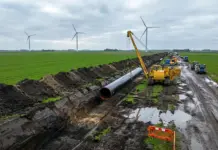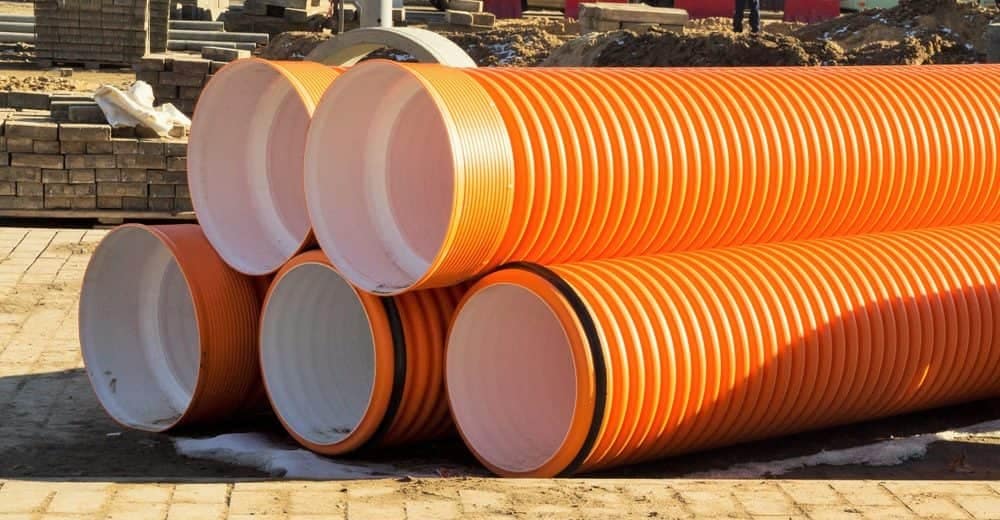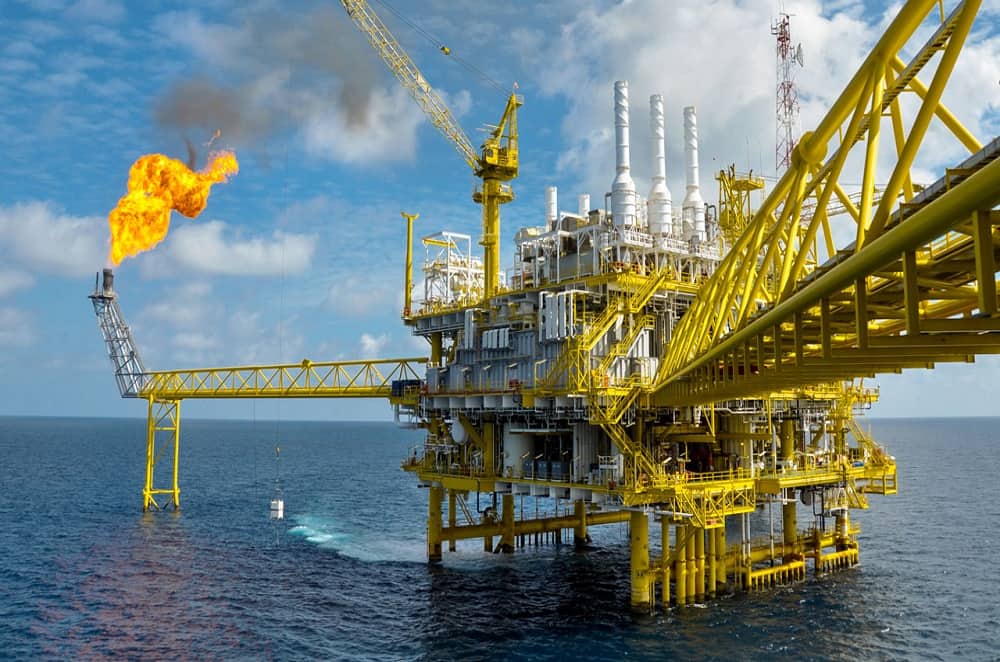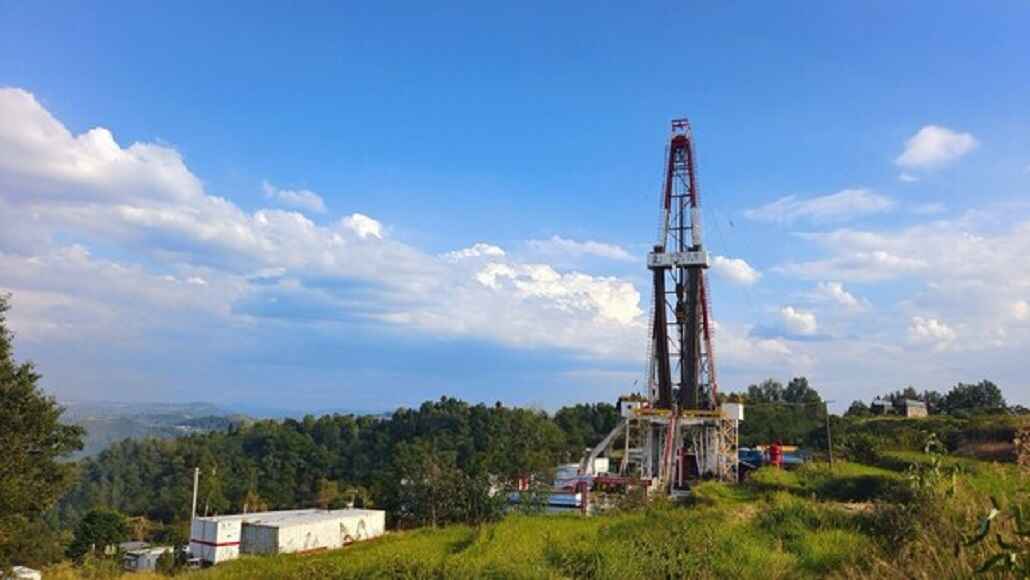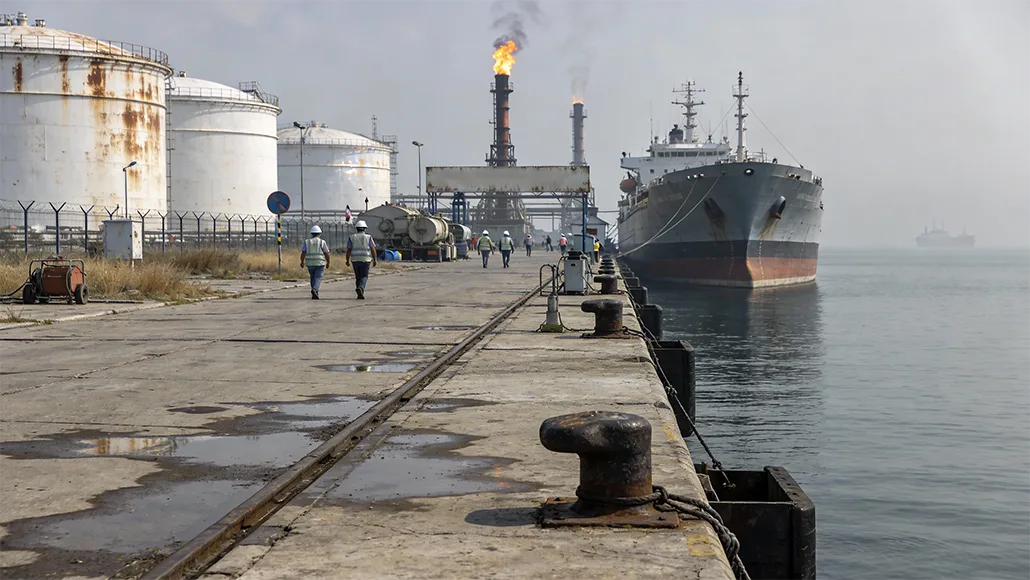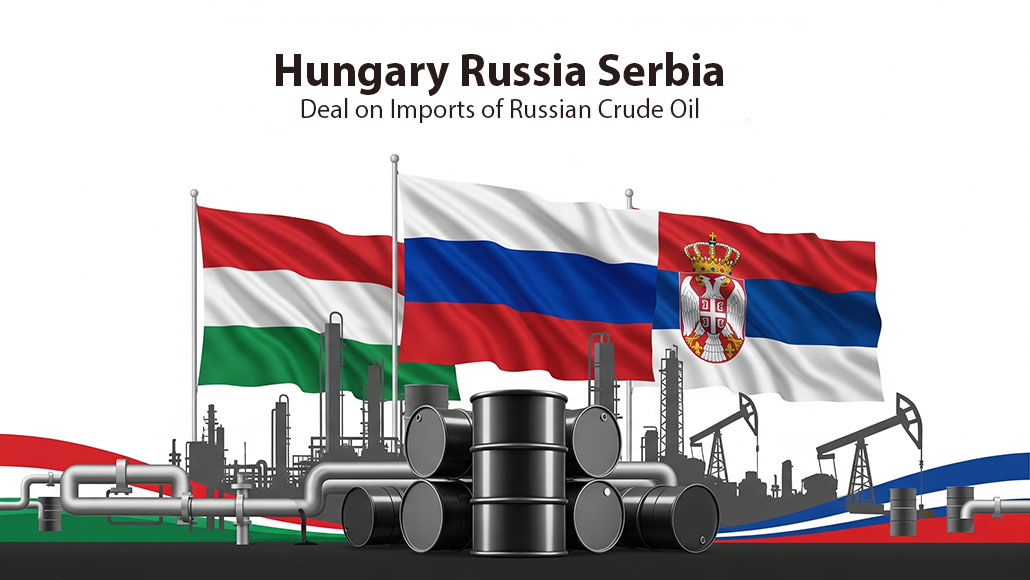Peter Szijjarto, the Hungarian foreign minister, has announced an agreement with his Serbian and Russian counterparts in order to build a new oil pipeline, which will stretch between Serbia and Hungary and would aim at consolidating imports of Russian crude oil, just as the EU finally moves to freeze the Kremlin out of its energy markets.
In a kind of provocative social media post recently, the Hungarian minister blamed the ongoing efforts of the EU to prohibit Russian fossil fuel imports for driving up the energy prices to several times those across the other parts of the world.
Szijjarto went on to mention on social media that this is no wonder given that Brussels is in a way forcibly dismantling its ties and banning Russian energy sources as well as blocking the supply routes. This move comes as the European Union is actively looking forward to the closure of the remaining imports of the Russian gas flows that, although they have significantly reduced since the time the full-scale invasion of Ukraine took place in 2022, still go on to offer considerable revenue to the Kremlin against its neighbor.
Apparently, there are legislators who are at present negotiating a proposal in order to ban imports of Russian crude oil and gas entirely by 2027. The lead negotiator of the European Parliament is also pushing to extend the prohibition to pipeline oil as well and, at the same time, bringing forward the deadline.
This announcement from Hungary came after a video conference took place between the Russian deputy energy minister, Pavel Sorokin, Szijjarto himself, and Dubravka Dedovic, the Serbian energy minister.
It is well to be noted that the proposed pipeline could be functional as early as 2027. Although there happen to be only a few details that have been provided about the nature of the agreement that took place between Russia and Serbia.
In one of the video clips that has been included in the report, Szijjarto, whose government is led by Viktor Orban, the Hungarian Prime Minister, has for long made the capping of domestic energy bills a major element in the election campaigning and has reiterated his criticism when it comes to the energy policy rolled out by the EU.
According to Szijjarto, they are not going to allow this to happen, and they will be building pipelines and opening up new sources in terms of supply so as to maintain the lowest energy bills in Europe for the people across Hungary. As per the recent statistics, households in Hungary happen to have the lowest gas bills in the EU at €3.20 per 100 kWh compared to €16.71 in the Netherlands and almost €19 in Sweden.
It is worth noting that Hungary, along with its neighbor, Slovakia, has continuously obstructed the European Union’s attempts to impose economic sanctions on oil and gas from Russia, where unanimity when it comes to all 27 member states happens to be required. Although the REPowerEU package is at present under negotiation between governments and the European Parliament, it would need only a qualified majority so as to pass the law.









